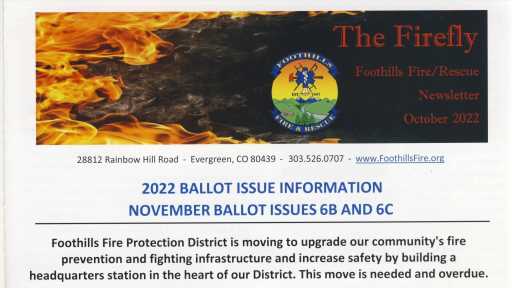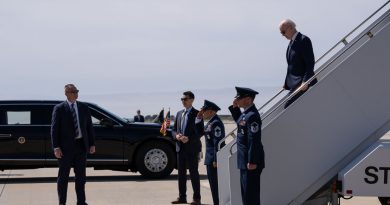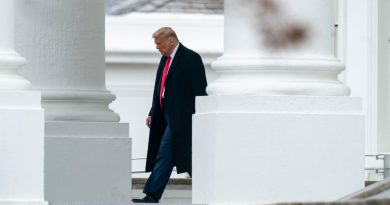Foothills fire district dinged for potential campaign finance violations
State election officials are asking Foothills Fire Protection District, which covers 25 rugged square miles of Jefferson County, to account for a flyer it sent to voters this fall urging passage of a property tax hike to fund the construction of a new fire station.
The Colorado Secretary of State’s Office, which oversees elections, told Foothills Fire in a letter sent late last week that the district had committed “one or more potential violations of Colorado campaign finance law” by spending more than $50 to advocate on behalf of a ballot measure.
It said the fire district has a chance to “cure” its alleged violations by Nov. 14, though it didn’t specify how. Foothills Fire spent more than $2,000 to print and mail the four-page flyer, which advocates for the passage of two ballot measures that would increase property taxes to pay for a fire station that would cost “up to $12.7 million” to build.
The fire district, which provides services for an area encompassing Genesee Park and Lookout Mountain Park west of Golden, wants to build the station at the corner of Paradise Road and U.S. 40, near the Mother Cabrini Shrine. It said the new station will improve response times throughout the mountainous district, which currently has four small fire stations.
In a letter posted to its website last week, Foothills Fire Board President Duey Freeman wrote that if the measures don’t pass next week, it will only become more expensive to upgrade infrastructure in future years.
“Our mountain community is growing as much as or more than other communities, traffic only increases on Interstate 70, and climate change is forcing the issue ― therefore, the rapidity of this proposal,” he wrote.
The increase to residents’ taxes, Foothills says on its website, is “about $54 per $100,000 of assessed residential property value per year.” It said it hasn’t asked its constituents for a tax increase in the 25 years it has been in existence.
“We are aware of election laws that prohibit the advocating of ballot issues, and no one at Foothills Fire has intentionally done this,” Chief Alan Anderson told The Denver Post in an email. “We are aware that there is a group of individuals that strongly oppose a tax increase in our district.”
Count among the detractors Robert Heine, one of two residents to file a formal complaint with the secretary of state’s office over the flyer. He served as president of the Foothills Fire board for two years and was a member of the board for the better part of a decade.
“Spending 40 times the campaign finance limit should get someone’s attention,” Heine said of Foothills’ mailing expenditure.
There is no need for the new station, he told The Post, saying the existing firehouses earned the district a solid ISO rating in 2017. Heine claims the ballot measures, if passed, would double the $1 million the district takes in a year “with no measurable impact on the ability of FFPD to actually fight a house fire.”
“These four existing firehouses could all be updated and expanded for a fraction of what it will cost to build this new, totally unnecessary station,” he said.
The only cure for the fire district’s campaign finance violation, Heine said, is to cancel the election or annul the results.
“Communications from fire departments are often given a high level of respect and credibility within the community,” Heine wrote to election officials last month. “When one of these communications, in this case the Foothills Fire brochure urging citizens to approve a tax increase, is unlawfully distributed just days before an election, that election must be nullified.”
Given that the election is just a week away and many ballots have already been cast, Heine acknowledges that the only thing officials can do at this point is toss out the Nov. 8 election results. But that’s not likely to happen, said Annie Orloff, a spokeswoman with the Colorado Secretary of State’s Office.
“Generally speaking, curing means resolving the alleged violation to substantially comply with the law — for example updating a disclosure report or returning funds,” Orloff said. “There is no authority under the Fair Campaign Practices Act to order a new election to be conducted.”
Source: Read Full Article





